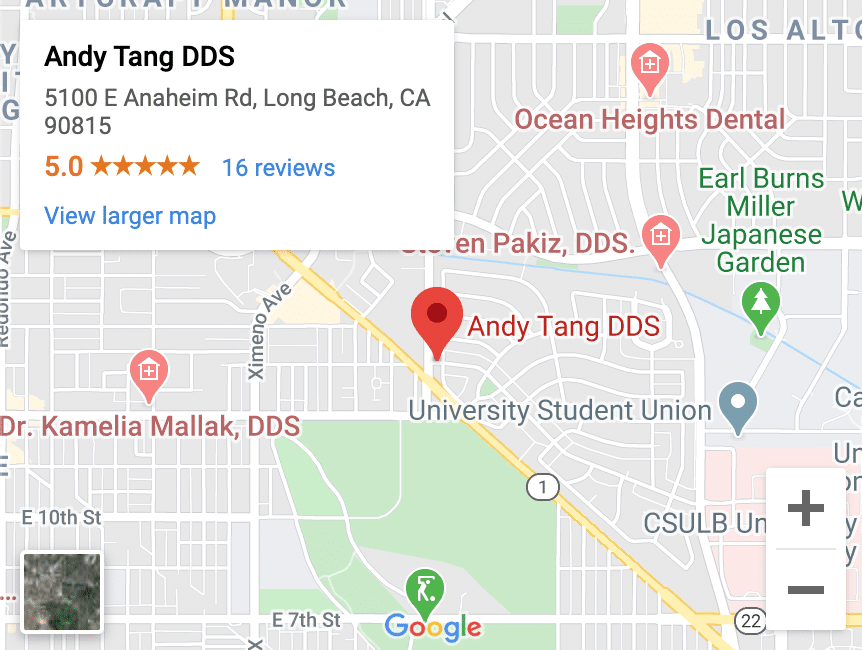Affecting as much as 80 percent of the population, gum disease is a major concern for your oral health. It is critical that gum disease is diagnosed early so it can be properly treated with gum disease therapy from your dentist.
Symptoms of Gum Disease
In the beginning, symptoms of gum disease may be non-existent, but soon after development, you may notice swollen gums in certain areas or more blood than usual while you brush your teeth. Some people will have gums that feel like they are burning or feel like their teeth are more sensitive than usual. As gum disease progresses, symptoms can worsen and the soft tissue surrounding the teeth may start to recede.
What Causes Gum Disease?
Multiple things can be blamed for periodontal disease. Some of the most common causes of gum disease include:
- Family history of gum disease
- Excess plaque buildup
- Poor oral health habits
The single most common cause of gum disease is bacteria-laden plaque, which is a film that develops on the teeth that contains bacterial toxins. These guilty toxins lead to the breakdown of gum tissue that supports the teeth, which can lead to small openings at the base of the teeth where the problem can grow even worse. Regular brushing, flossing, and rinsing will help thwart these issues, as well as regular dental hygiene visits.
The Risks of Gum Disease
Gum disease is more than just an oral health problem; it can actually lead to health risks to the rest of your body. The bacteria-laden plaque can break free from your teeth, get into your saliva, and be ingested where it can lead to further health concerns. Research indicates a newfound link between people with gum disease and people who have strokes, heart disease, and certain complications if they are pregnant or have diabetes. Additionally, as much as 70 percent of people who lose teeth may do so because of gum disease.
Common Treatments Involved with Gum Disease Therapy
Keeping an eye on your oral health, including gum disease risks, means getting a good oral health checkup twice a year. If the dentist determines you do have gum disease, they will create a detailed plan of action for gum disease therapy. Your therapy may include:
- Deep-cleaning procedures
- Medicated mouth rinses or toothpaste
- More frequent dental hygiene visits
- Root planing
- Scale and polish procedures
Your dentist will go over your usual dental hygiene routine to ensure you are doing things properly to prevent gum disease. You should be flossing once every day, brushing your teeth twice a day, and using a good mouthwash as well.
Let Us Help You Fight Gum Disease the Right Way
Gum disease may seem like a common problem, but it is important to get proactive about the health of your gums. If you suspect you need gum disease therapy, reach out to the office of Dr. Andy Tang for an appointment.


